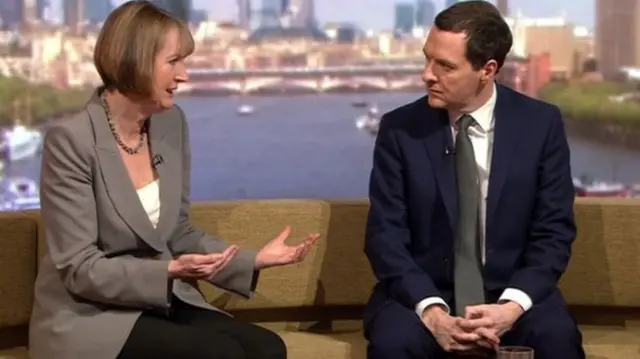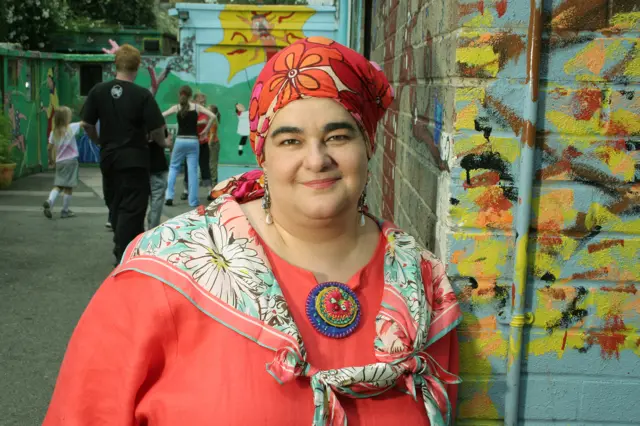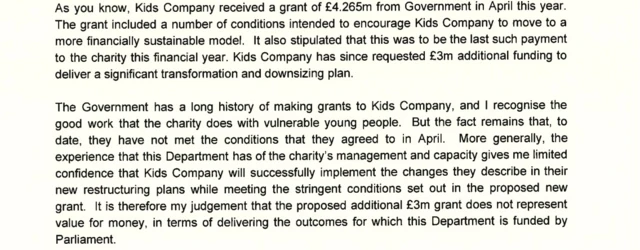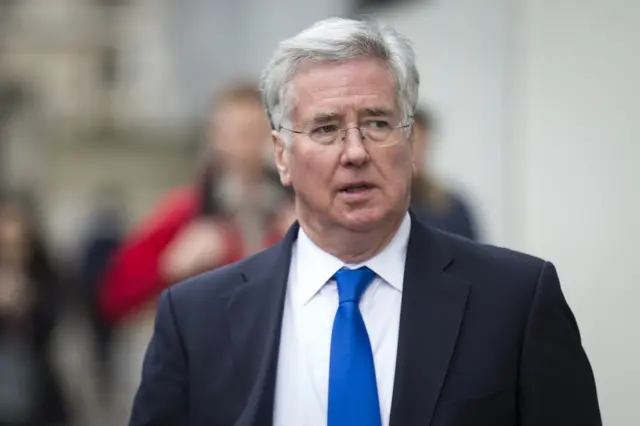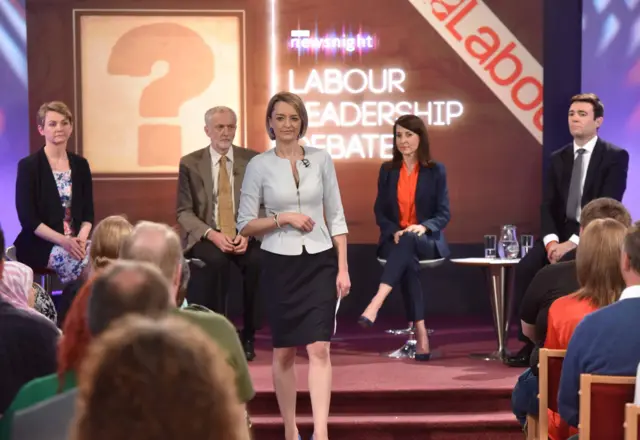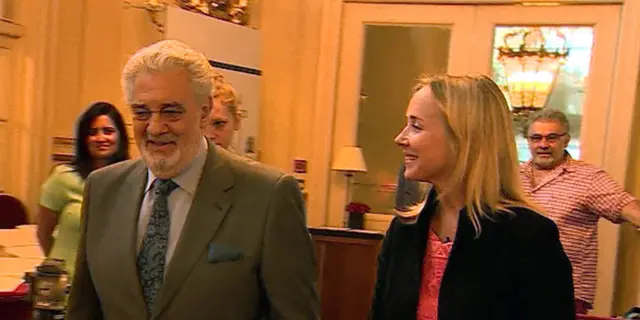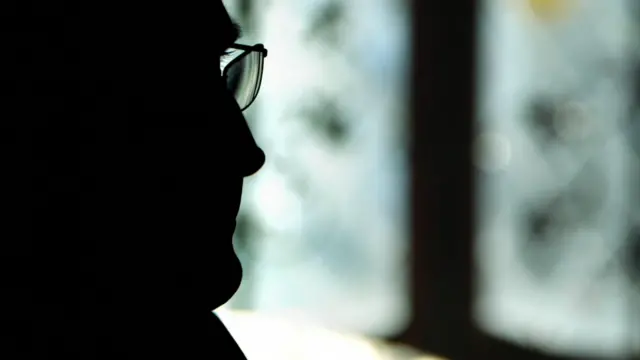Are Islamic extremists as dangerous as bees?published at 14:46 BST 20 July 2015
 Ed Brown
Ed Brown
Newsnight producer
 Image source, AP
Image source, APSome bees
This is not quite as silly a question as it looks.
David Anderson, the Government's independent reviewer of terrorism legislation, pointed out, external a couple of years ago that people in the UK are roughly as likely to be killed by stings from hornets, wasps and bees as they are by terrorism. US citizens are killed as regularly by their furniture.
You'll have seen that report is a few years old now - but the statistic still more or less holds out - as does the general point. Far more people are killed by falling off cliffs (18 in the last year for which the statistic exists), a similar number are hit by lightning. You can find your own comparator in the ONS' slightly grisly mortality statistics, external.
Now, plainly these comparisons are slightly disingenuous. If the government took the entire budget for the security services and spent it on stopping bee stings, no doubt the number of fatalities from bees would fall and the number of terrorist attacks would substantially rise.
We do not know how many attacks the security services stop - for all we know, this statistic is an illustration of their remarkable effectiveness and success.
But perhaps this gives us an illustration of why the Prime Minister (and many politicians before him) put such an emphasis on British values and identity this morning.
Terrorism, arguably, causes a lot more trouble than bees not because of the number of people in the UK that it kills but because of its effect upon the national consciousness - its sense of self.
It all sounds rather wishy-washy - but this stuff makes a difference. It's widely accepted that financial markets can rise and fall purely on the basis of the general mood of investors. Lest we forget, Scotland almost left the UK last year as a result of a difference on national identity.
Which brings me back to my original question. Are terrorists as dangerous as bees? As someone in the UK, you should probably be roughly as scared of dying by terrorism as dying by a bee sting. But the point is you're not. You're scared of terrorism. Unsurprisingly. Because terrorism is inherently scary. It can divide or unify the nation. And that can be just as, if not more, important than the raw mortality statistics.

